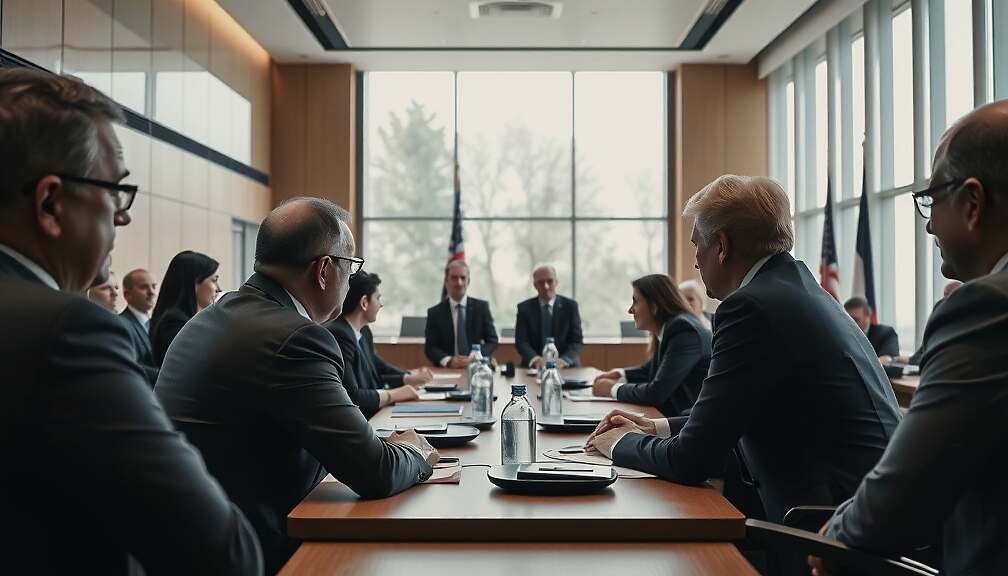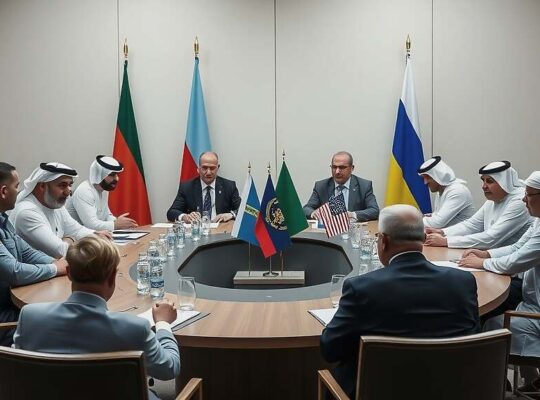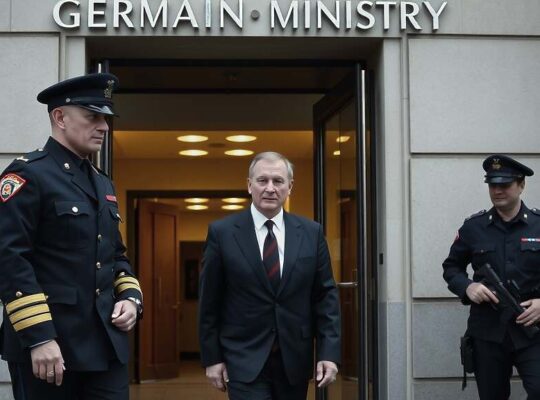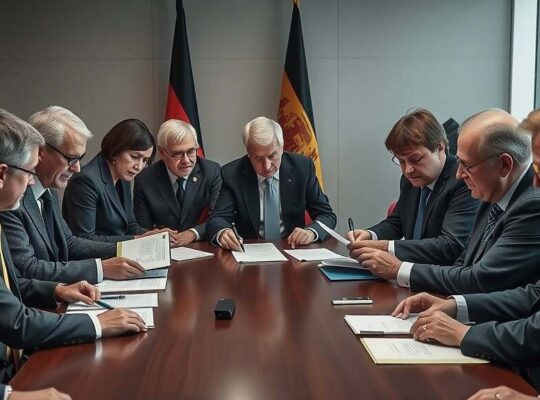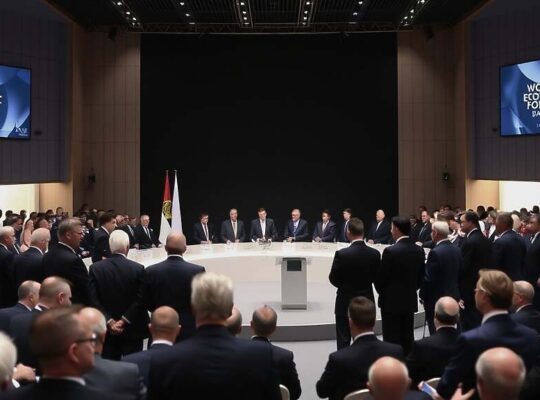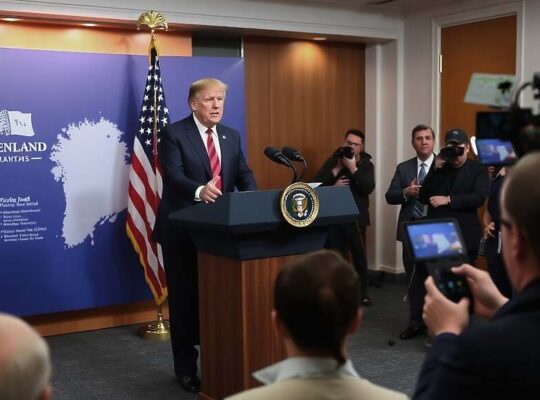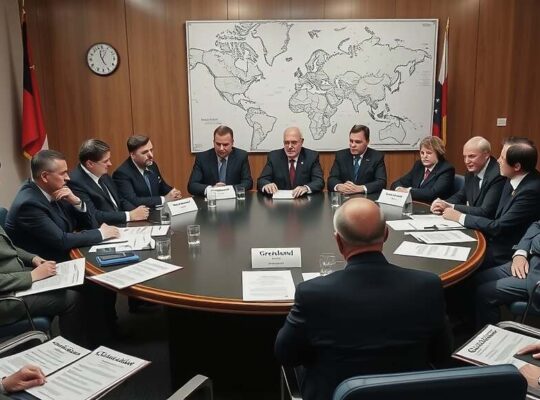Berlin – The German government has voiced cautious support for a potential renewed meeting between former US President Donald Trump and Russian President Vladimir Putin regarding the ongoing war in Ukraine, while simultaneously expressing significant skepticism about Moscow’s intentions.
Speaking to the German news agency dts on Friday, deputy government spokesperson Steffen Meyer acknowledged the value of efforts – including those originating from the US – aimed at revitalizing a peace process. “We support this. We are in constant consultation with European partners and with the US administration regarding this” he stated.
However, Berlin is insistent that any progress must originate from a cessation of hostilities. “The starting point for us, which we have always made clear, is a ceasefire. Otherwise, it makes little sense to discuss peace” Meyer emphasized. The government’s optimism is tempered by concern over Putin’s potential approach to negotiations, leading to a “considerable degree of skepticism” about his willingness to compromise genuinely.
The proposed location of the potential summit, Budapest, Hungary, has also raised complex legal and political considerations. A spokesperson for the Foreign Office highlighted Hungary’s recent declaration of intent to withdraw from the Rome Statute of the International Criminal Court (ICC), scheduled to take effect in 2025. Until then, Hungary remains obligated to adhere to the Statute’s regulations.
These regulations necessitate the potential arrest of Putin, who is currently subject to an ICC arrest warrant. However, the spokesperson indicated that an exception could be possible, contingent on Hungary formally informing the ICC of its intentions. “This is important to prevent member states from unilaterally interpreting the Rome Statute” he explained. The situation underscores the precarious legal landscape surrounding Putin’s international travel and the potential for diplomatic maneuvering by Hungary, a government often regarded as increasingly receptive to Russian influence. The prospective summit, therefore, presents not only a potential platform for negotiations but also a complex test of international law and the commitment of involved nations to uphold it.


